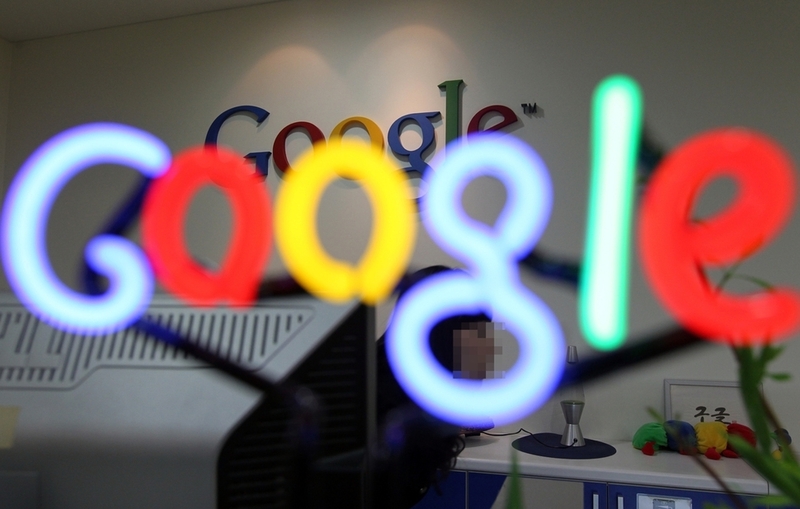Posted on : Aug.28,2018 17:12 KST
Observers on lookout for developments in industry’s “post-Google” approach
Monitoring is being stepped up in South Korea for “platform superpowers” like Google and Apple. The Fair Trade Commission (FTC) is also conducting an on-site investigation of Google Korea over claims that the company has been abusing its power over domestic mobile game companies. Observers are watching to see what effect this has on the “post-Google Play” push currently being driven by major game and content corporations.
Industry insiders and the FTC reported on Aug. 27 that the commission recently conducted an on-site investigation at Google Korea’s offices in Seoul’s Yeoksam neighborhood. The FTC previously launched an investigation in April into allegations that Google had demanded that South Korean game companies not register their games with other app marketplaces besides Google Play. The move came after major mobile games including NCsoft’s Lineage M and Netmarble’s Lineage 2 Revolution were released last year only through Google Play and Apple’s App Store, prompting allegations of unfair practices.
The portal site Naver previously joined the three South Korean telecoms SKT, KT, and LG U+ in creating One Store as an app marketplace to challenge Google Play. But a Korea Mobile Internet Business Association (MOIBA) survey showed Google Play holding the largest share of the South Korean app marketplace market in 2017 at 61.7 percent, followed by Apple’s App Store at 21.7 percent. One Store’s market share was just 13.5 percent.
Google previously found itself alongside Facebook on the receiving end of a May lawsuit in Austria demanding 4 trillion won (US$3.6 billion) for violations of personal information privacy. In July, the EU fined Google 4.34 billion euros for violating antitrust laws.
The heightened scrutiny of “platform abuse” has observers watching for a possible growing challenge to the dominant players. With the recent unveiling of its mobile game Fortnite, Epic Games opted to allow direct downloads of an APK installation file for the game app from its homepage rather than using Google’s game platform. Explaining the company’s reason for adopting a “post-Google” approach, Epic Games CEO Tim Sweeney said the 30 percent fee that Google receives from game developers was “disproportionate to the cost of the services these stores perform” for game companies.
A South Korean game industry source said that large domestic companies were “apparently planning to develop their own app marketplace due to the expensive fees charged by app stores.”
“But while the large companies have global market capabilities, the smaller ones are obliged to use Google Play, which offers ease of global access,” the source added.
Android at least is an open platform, allowing companies like Epic Games to offer game installation files directly. The iPhone operating system (iOS), in contrast, is closed, ruling even that option out. iPhone users have no choice but to use Apple’s App Store to install apps. Since recent reports that Netflix, the world’s top-ranked online video service provider (OTT), is testing a payment method that circumvents the App Store, industry insiders are now watching for Apple’s response.
Bloomberg described the attempts by Epic Games and Netflix to oppose Google and Apple’s fee policies as a “revolt.”
Macquarie Research analyst Ben Schachter predicted that other large companies would join Epic Games and Netflix in their bid to oppose Apple and Google’s marketplace fee policies, adding that the companies’ fee earnings could take a major hit if lawsuits and investigations under way with different governments result in stern measures against the platform oligopoly.
By Kim Hyo-sil, staff reporter
Please direct comments or questions to [english@hani.co.kr]









